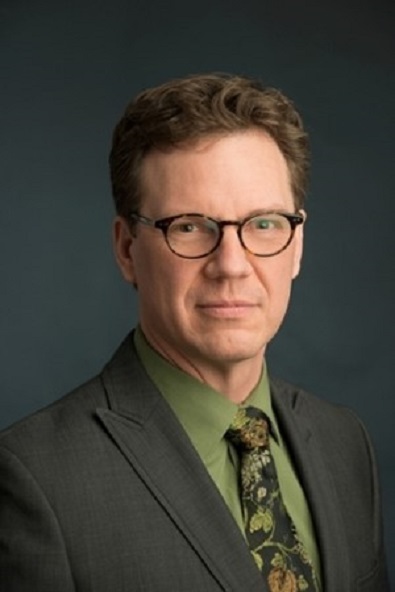Greg Poelzer. Photo courtesy of U of S.
A University of Saskatchewan researcher got a world stage to present the recommendations of a report that looks at opportunities for Northern Indigenous people to develop and own clean energy projects.
Professor Greg Poelzer presented the findings to the World Climate Conference held last week in Marrakech, Morocco. Today he is in Sweden doing another presentation.
The professor calls it a chance to renew Indigenous relations in Canada through renewable energy. He says it is already happening in Saskatchewan, citing examples of the Black Lake Hydro project and the development of Sage Energy, which is jointly owned by the Peter Ballantyne and English River First Nations. He says the recent push by the federal government to reduce fossil fuels opens the door for more opportunities.
“So, this is just a tremendous opportunity and if we get it right, it can be a real game changer,” he said.
Professor Poelzer says sharing his views with an international audience and learning from other Indigenous communities was a tremendous opportunity.
“It was an amazing opportunity, quite frankly,” he said. “The thing that struck me most was you literally had the world there because there were representatives of virtually every country on the planet.”
Professor Poelzer says solar, hydro and biomass power are all feasible in the north. He says contrary to popular belief, the north is one of the best regions for solar power, with spring being the peak months for solar power generation.
He says during the long daylight hours of summer, excess power can be sold back to the power grid and help subsidize power rates during the short daylight hours of the winter where communities have to depend more on the provincial power grid.
Professor Poelzer says clean air initiatives like a carbon tax and the phasing out of coal fired generating plants by 2030 open the door for more small scale renewable power generating stations in remote northern areas.
He says there seems to be a will by both the governments and Indigenous communities to get on board.
